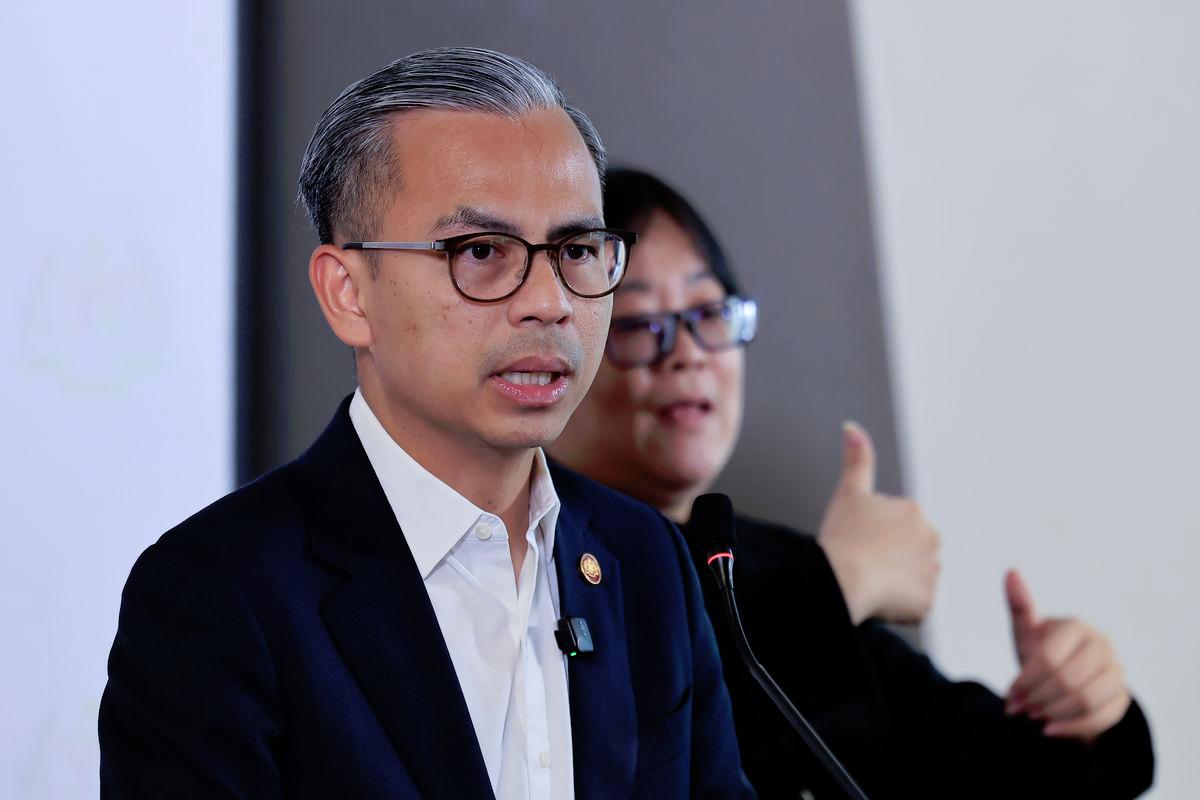PETALING JAYA: More than 2.1 billion suspicious calls and unsolicited SMS messages have been blocked since 2022 in an ongoing campaign against online scams, Communications Minister Datuk Fahmi Fadzil told Parliament.
In a written reply, he said the Malaysian Communications and Multimedia Commission (MCMC), working with telecommunications and social media platforms, had also removed 112,734 postings of fraudulent online content and blocked seven scam related websites to date.
“These actions were taken based on public complaints and community guidelines set by each social media platform, in line with local laws,” he said when replying to Datuk Hajah Siti Aminah Aching (BN–Beaufort) on government measures to curb scams and fraud.
Fahmi said as of September 2024, stricter controls had been introduced on SMS communications, banning hyperlinks requesting personal details or prompting callbacks.
“We aim to protect users from exploitation by criminals who impersonate various entities,” he said.
He added that amendments to Section 233(1) of the Communications and Multimedia Act 1998 (Act 588) now criminalise the dissemination of false content with fraudulent intent, with penalties of up to RM500,000, two years’ imprisonment, or both, plus an additional fine of RM5,000 for each day the offence continues after conviction.
In a significant regulatory shift, internet messaging and social media service providers will be required to obtain an Application Service Provider Class Licence (ASP(C)) under Act 588, effective January this year.
“This will create a safer and more sustainable internet ecosystem for all users, especially children and families,” he said, adding that the measure would ensure “a higher standard of accountability” among service providers operating in Malaysia.
MCMC has also introduced the Code of Conduct for Internet Messaging and Social Media Service Providers, published in December 2024, outlining guidelines to foster a safer online environment.
The ministry’s efforts extend beyond enforcement and also covers public education.
Fahmi said the Safe Internet Campaign, launched on Jan 21, aims to raise awareness on online safety and prevent cybercrime.
The campaign will reach 10,000 schools and higher education institutions nationwide.
As part of a whole-of-government approach to addressing online fraud, the National Scam Response Centre has been set up, led by police.
The centre functions as a one-stop action centre and conducts public awareness programmes and national campaigns on fraud and digital crime.









